Romancing History – Marilize Roos
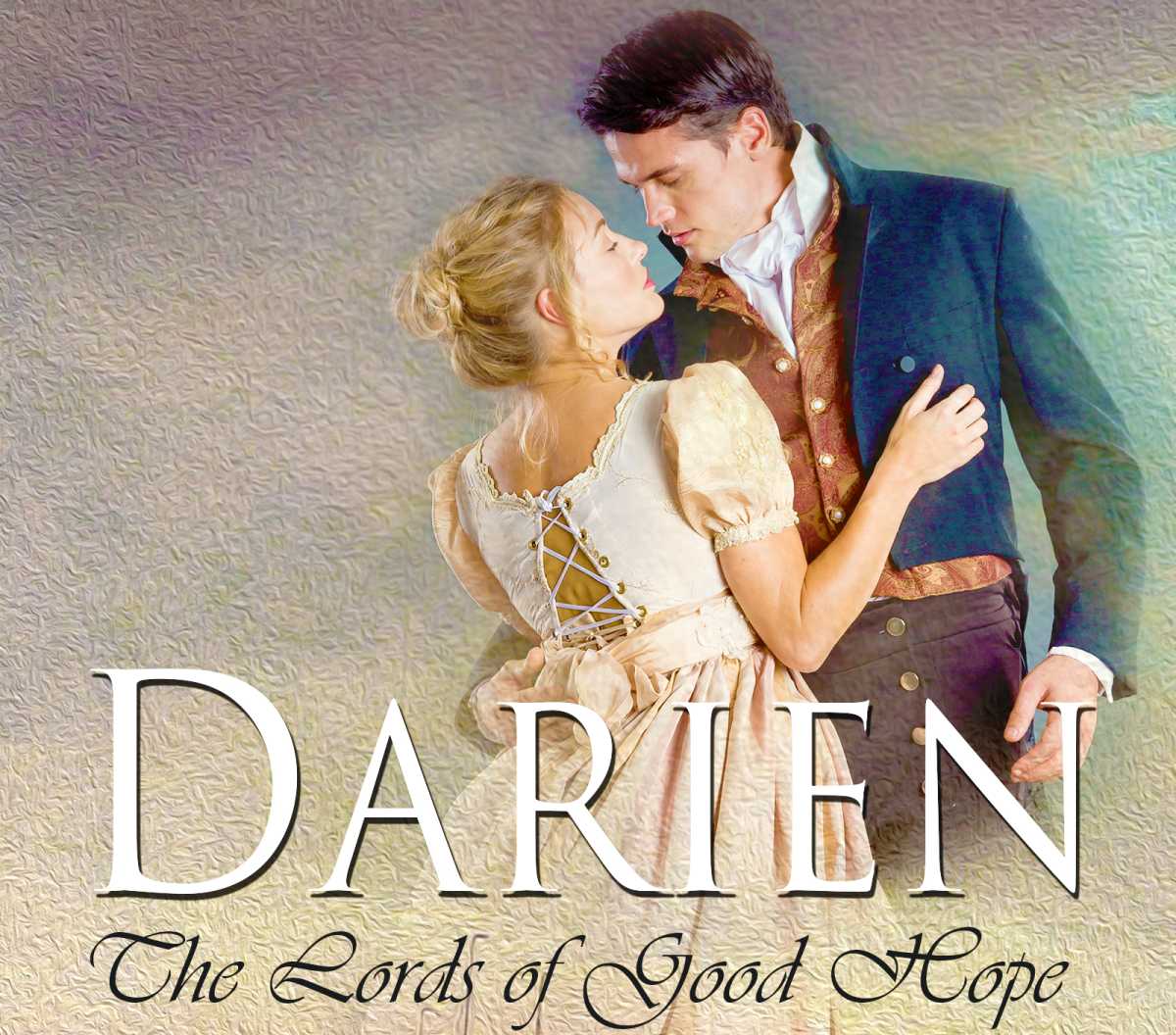
First Marilize, your life in the Cape. Have you always lived there? And what is it about the Cape that you adore and appreciate?
Yes, I’ve lived in Cape Town all my life. In fact, I still live within easy driving distance from where I grew up on the Cape Peninsula.
I love that Cape Town is filled with history of various cultures. A walk through the City CBD can one minute take you past a building of Dutch architecture, and a few minutes later you can wander the streets of the Bo-kaap and their colourful buildings. And it doesn’t end there: The Cape Town Navy, The Castle of Good Hope, Just Nuisance, the Battle of Muizenberg, Great Constantia Wine Estate – the list goes on. One can get lost in all the museums in Cape Town.
And Cape Town’s natural surroundings are world-class. Mountains, beaches, fynbos; there truly is something here for everyone. Not to mention, our own Table Mountain has been voted one of the Natural Wonders of the world.
Tell us about your love for writing. Where did it start and what inspired you to put pen to paper?
I’ve always loved writing. I loved to write stories similar to the ones I loved to read. I remember in particular an old exercise book from when I was eight or nine years old, one with lines on one side and a blank page on the other. I’d write my stories on the lined pages and draw illustrations on the other. When I got older I started writing on a computer, and to me, writing was an escape to a world of my own creation. Writing was a way to give the stories swirling in my imagination life, and for a change, the characters on the page could do what I told them to do.
It wasn’t until 2014 that I decided to take my writing more seriously. I searched the internet for any articles about writing craft I could find, and slowly developed my skills from there. I attended a few writing workshops and discovered that this was something I was particularly passionate about, and decided to write with more dedication and discipline. The results have been rewarding.
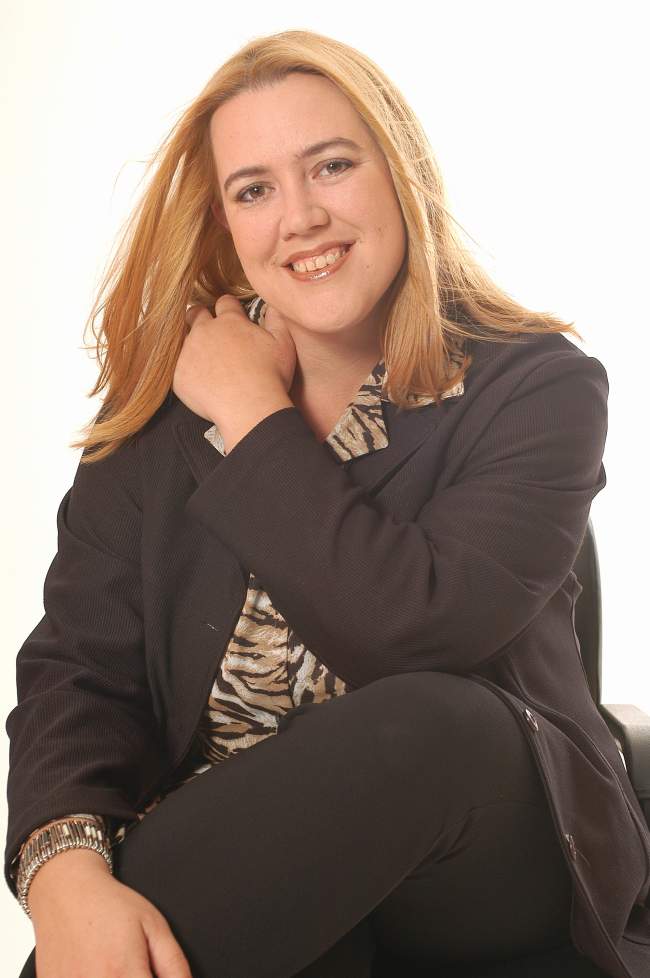
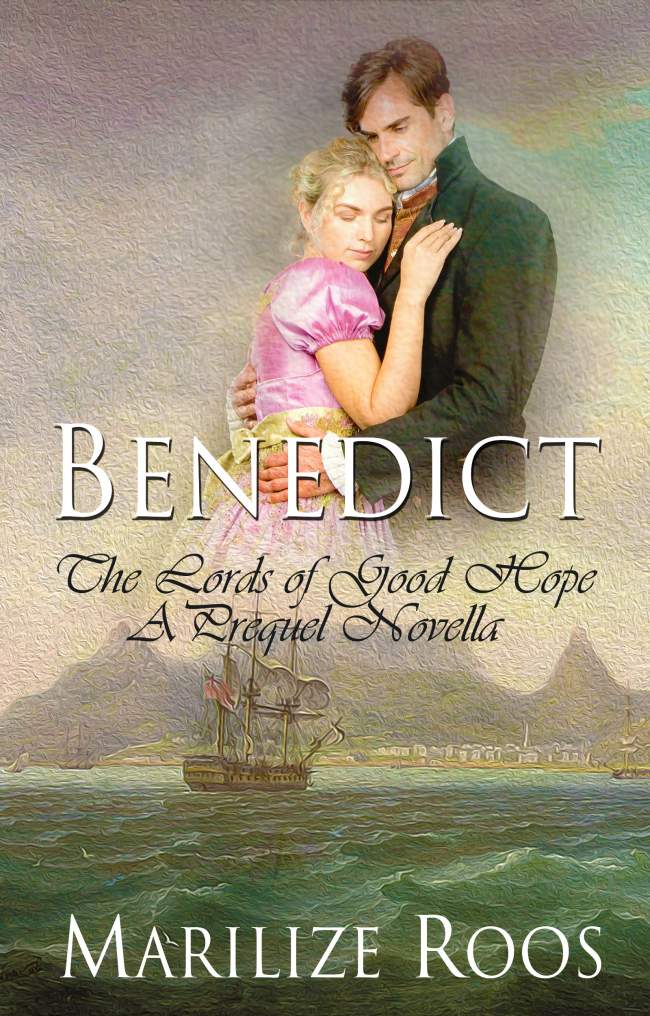
Historical romance in Cape Town, is it something unique you bring to the world of literature? Do you do a lot of research?
Not unique, but I think I’ve put my own stamp on it.
When I was a teenager I used to rummage around in the libraries and second-hand bookshops and bookstalls for out-of-print copies of books by Wille Martin and Ena Murray, who wrote romances about historic Cape Town. They wrote in Afrikaans, and the historic era they usually wrote about was somewhat earlier than my chosen period, but I adore them.
Later I fell in love with Regency romances, and decided to combine the two. 1820 was the time of Lord Charles Somerset, the 1820 settlers, Doctor James Barry, just after the Napoleonic wars, and many other fascinating titbits of history. The Cape was pretty English indeed. I still haven’t found any other romances with the same mix, though.
I do a lot of research, mostly via Google. Topics have included Great White sharks around the peninsula, the Castle of Good Hope, Antjie Somers, medical instruments in 1820, how vets treated colic in horses in 1820, which of the roads that lead into Hout Bay today existed in 1822, how long would it take a sailing ship to sail from London to Cape Town, lethal doses of arsenic and where could a woman find it in 1820…
Where I can, I visit museums, and sometimes I’m lucky enough to find an expert on a topic whom I can talk to.
At the back of my historical novels, I include a historical note, and in the e-book version I add links to articles on the topics I found of interest so that readers can read further on these topics if they choose to.
Of course, some things will be a product of my imagination, but I do try to be true to the time period.
I’m sure you have your favourite romance writers? Who would you say has the biggest influence on your work?
As mentioned before, I adore Wille Martin and Ena Murray’s books, and they started this love for Cape Town historical romances. There are also several authors who write regency romances in English that sparked this love for Regency romances, such as Mary Balogh, Eloisa James, Julia Quinn, and Gaelyn Foley.
But these days I read almost exclusively self-published authors; I read so many, it would be difficult to pin-point any one author that influences my writing.
Do you want to take us on the journey from when you wrote and published your first book up to where you are today?
In 2014 I attended a book-fair in Fish Hoek, and at one of the talks, Centre for the Book, a division of the National Library, said that there were self-publishing grants available for first-time authors. These grants covered all the costs for the production of a book, including 300 print copies. I submitted my completed manuscript of “DARIEN” in 2015 and was accepted.
I didn’t stop writing while waiting for my manuscript to be produced. I went on to write another 4 historical novels and one prequel novella, which I kept aside for once my debut novel was released.
I joined ROSA (Romance writers Organization of South Africa) and can’t over-emphasize the encouragement and support they’ve given me. ROSA runs monthly workshops for members wherein we learn how to write better books and how to market them. And every time one of us releases another book, they celebrate with you.
“DARIEN,” the first book in my “LORDS OF GOOD HOPE” series, launched on 13 December 2019, courtesy of Centre for the Book, and now that it has, I’m systematically formatting and releasing the rest of my backlist. “BENEDICT” is a prequel to Darien, which I released on 28 February, and “QUINN”, the book just after Darien, released on 15 April. Next in the series, due to be released soon, is “PAUL”. “KEVIN” and “BAXTER” are awaiting their turn to be edited and formatted.
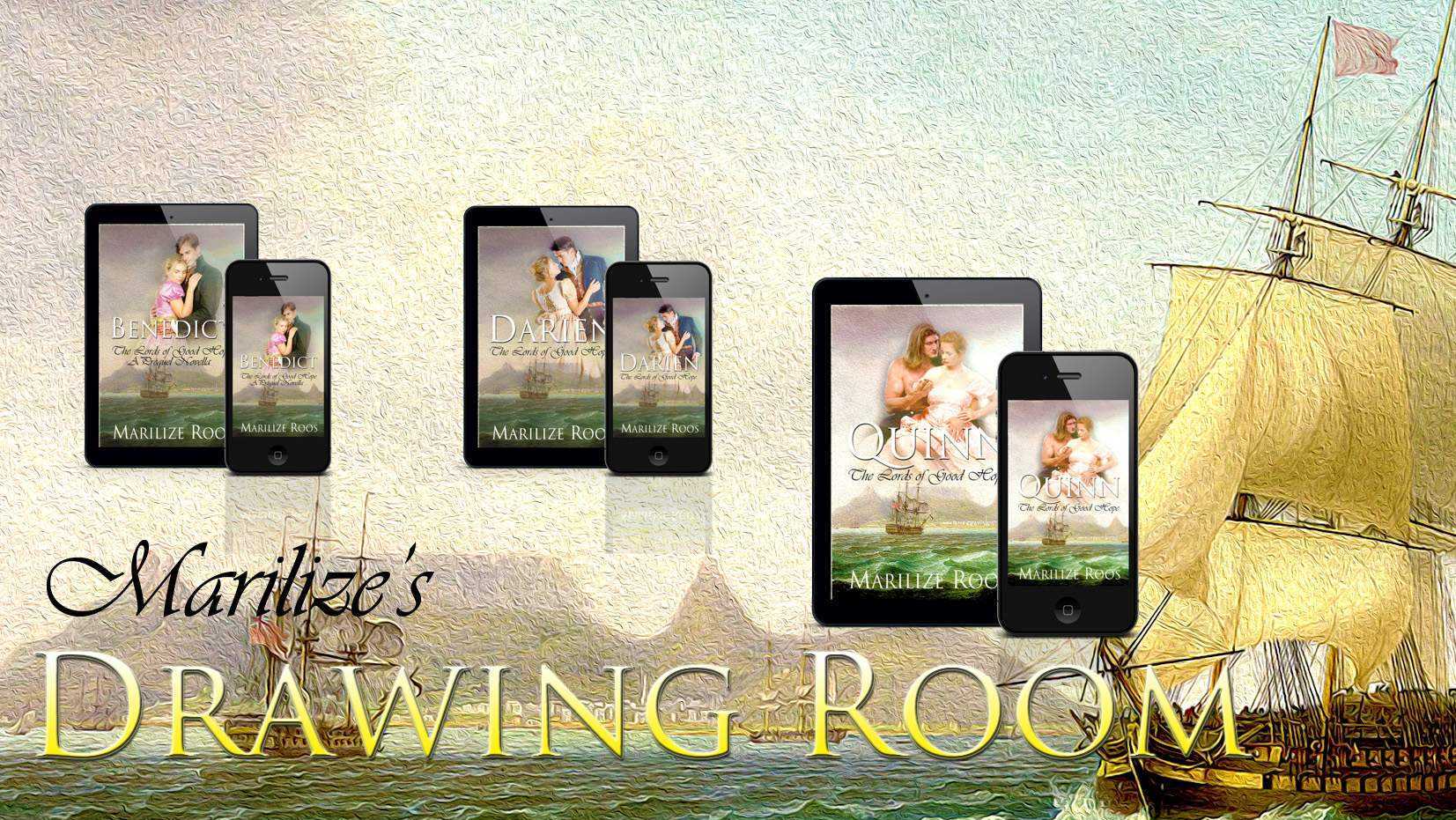
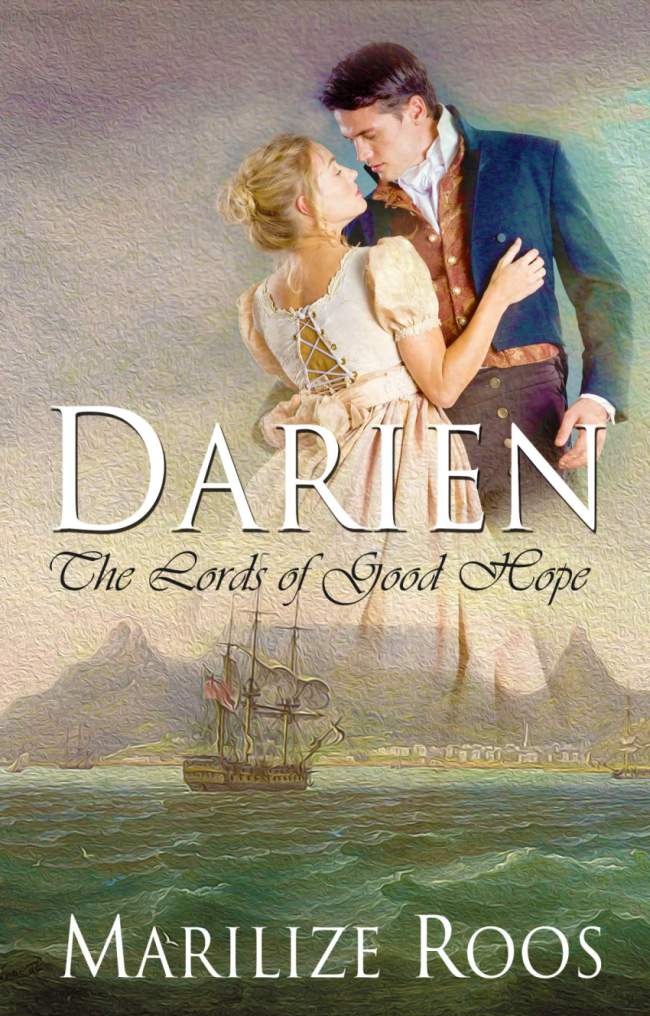
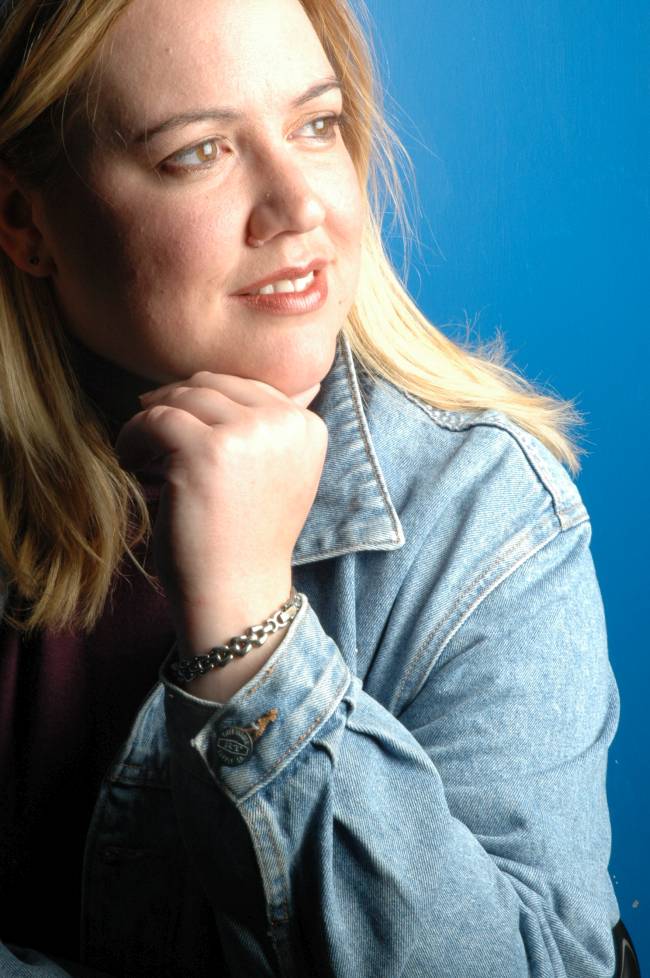
Do you have a strict writing routine and discipline, or do you write on and off, when creativity strikes? For instance, do you have a daily word count?
When I decided to take my writing seriously, I set myself a strict writing schedule. On week-days my alarm goes off at 20:00, and I “report to work”. For the next hour I will sit in front of my laptop, whether I write a hundred words or two thousand, even when I don’t feel like it. If I’m on a roll once 21:00 comes along, I keep on going, and normally I’m switching off my laptop at about 22:00. Saturdays I normally write from 9:00 until 13:00-ish, but once again, if I’m on a roll I keep going.
Last November I signed up for NaNoWriMo, which means writing a 50,000 word first draft of a novel in the thirty days of November. For that I adhered to a strict word count per day, and plotted my progress on a spreadsheet, with graphs. If you look at that graph, and see your progress is under that red line of where you should be, it’s amazing how quickly you start writing again.
If there wasn’t a goal, I’d never get anywhere.
What is the most challenging thing you find about writing for the Historical Romance genre?
I can imagine events and scenarios in a historical setting, but at the same time, I have to double-check everything through research. I can say a character hopped on his horse in Simonstown and dashed to Cape Town, but how long did it take? What was the road like? What route would he have taken?
So sometimes I have to be creative to find the answers. First I have to figure out the route, then plot the distance via Google Maps. Then I search through endurance rider forums, asking how long they’d take to cover that distance by horse.
You’re also part of the Deadlines for Writers short story challenge. Do you find participating helpful to your novel writing undertakings?
Joining this group has helped me in many ways.
For one, with the tight word counts, I’ve learned that a word must earn its place in any writing. How many times haven’t I edited one of my own stories, cut three hundred words, add three hundred other words, cut another hundred and fifty words, only to add a hundred and fifty other words again until that story is the cleanest copy it could be. I also learned to decide whether plot points are really necessary for a story, or whether they could be left out.
In commenting on each other’s stories, it has given me the confidence to put my work out there. Comments are constructive and encouraging, and every time you present a story for group consumption it gets easier.
You learn what works and what doesn’t. You learn when your humour works and when it falls flat. It gives you a safe space to experiment and get feedback, to develop your voice as a writer, and you don’t have to write a whole novel in order to do it.
I have also made some good friends.
If there is one tip (or two) you can give young South African novelists, what would it be?
Find your tribe. You need that support from others who’ve gone before you. I joined Deadlines for Writers (then called 12 Short Stories) and ROSA (Romance writers Organization of South Africa).
If you are trying to save money on producing your book, don’t skimp on getting a professional cover made for your book, and get a professional editor. These issues can make or break your book.
And write with dedication. I daresay, treat it like a job that you report to. Don’t just write when you feel like it, or when you’re feeling creative, or when you think your muse is talking to you. If you don’t treat this with discipline, it’ll take forever. Writing is a muscle, and you develop it through constant exercise.
Do you think that with the latest technological trends, South African writers have easier access to international markets?
These days anyone can publish on e-book platforms. Facebook is the universal author platform, and I know several South African authors who write mainly for the American market. Release parties are these days held on Facebook, which can be “attended” by readers and fans all over the world. I really think that the Internet has turned us into a global village. As far as distributing hardcopies internationally are concerned, though, I still think we have quite a way to go.
Tell us a bit about the Marilize’s Drawing Room Facebook Group.
Marilize’s Drawing Room is my Facebook group where readers can interact with me and with other members. We share anything Cape Town, Regency, and local history, and occasionally I’ll just add something romantic. It’s also where I drop announcements of my new releases, as well as promoting releases from my fellow local authors. I’d love it if more people would join and interact with the group.
Any hobbies you have?
I was an avid horse rider in my teens, twenties and early thirties. I used to work with horses as a job, training them, teaching riding lessons, and taking tourists to the beach on horseback. I learned to do leather work so that I could fix my own riding equipment.
I can play several musical instruments, but concentrate mostly on singing and the piano. I’ve been in bands since I was fifteen, and am involved with the music ministry in our church. Just a pity I can’t sight-read musical notation.
I’m a keen photographer, although these days one without photographic equipment, and I’ve worked as photographic assistant. I’ve photoshopped as a hobby for years, although lately, with the help of a friend who’s patiently been teaching me, I’m learning to do my own book covers.
I sew. Nothing fancy, but, and I won’t be making any matric dance dresses any time soon, but I do some home sewing, crafts, and doll clothes. I don’t knit or crochet.
I paint miniature ceramic statues.
And reading. LOTS and lots of reading.
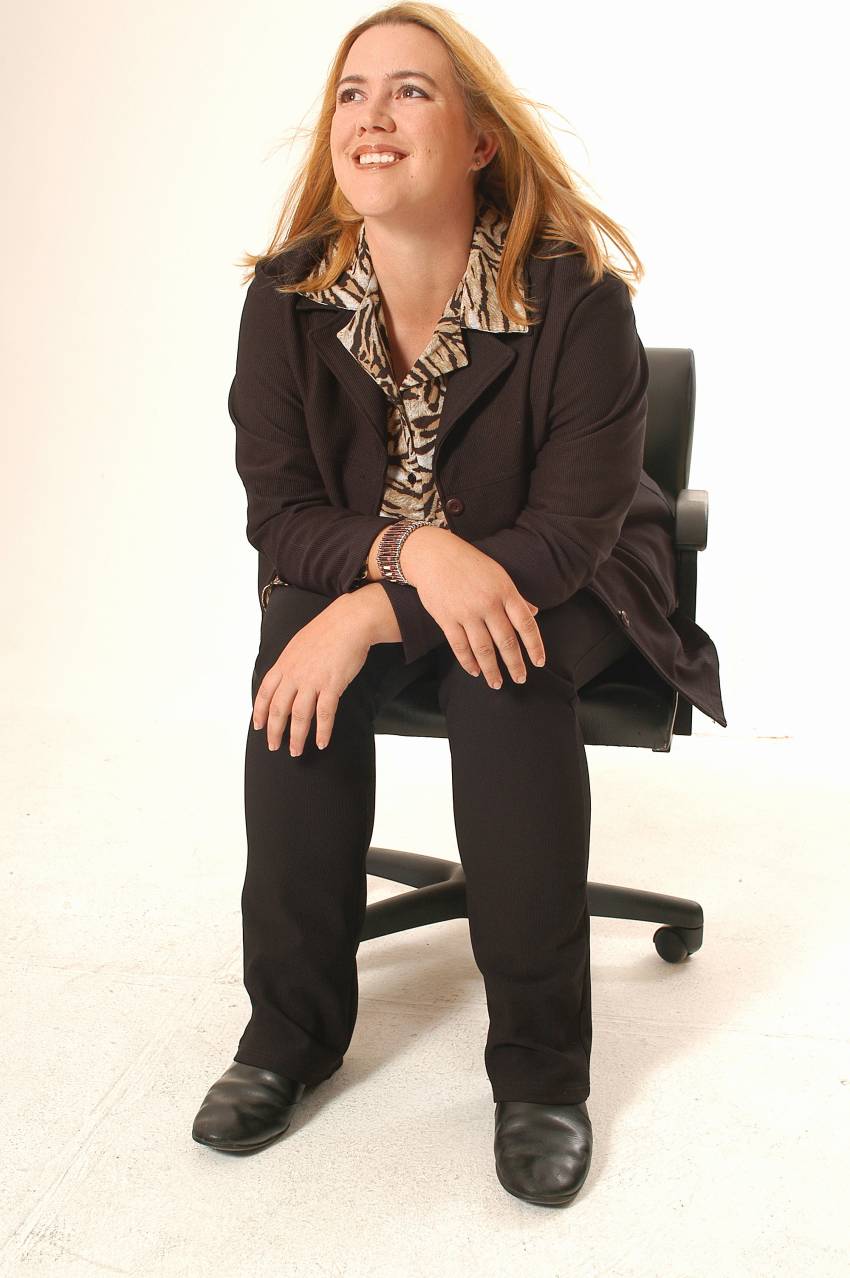
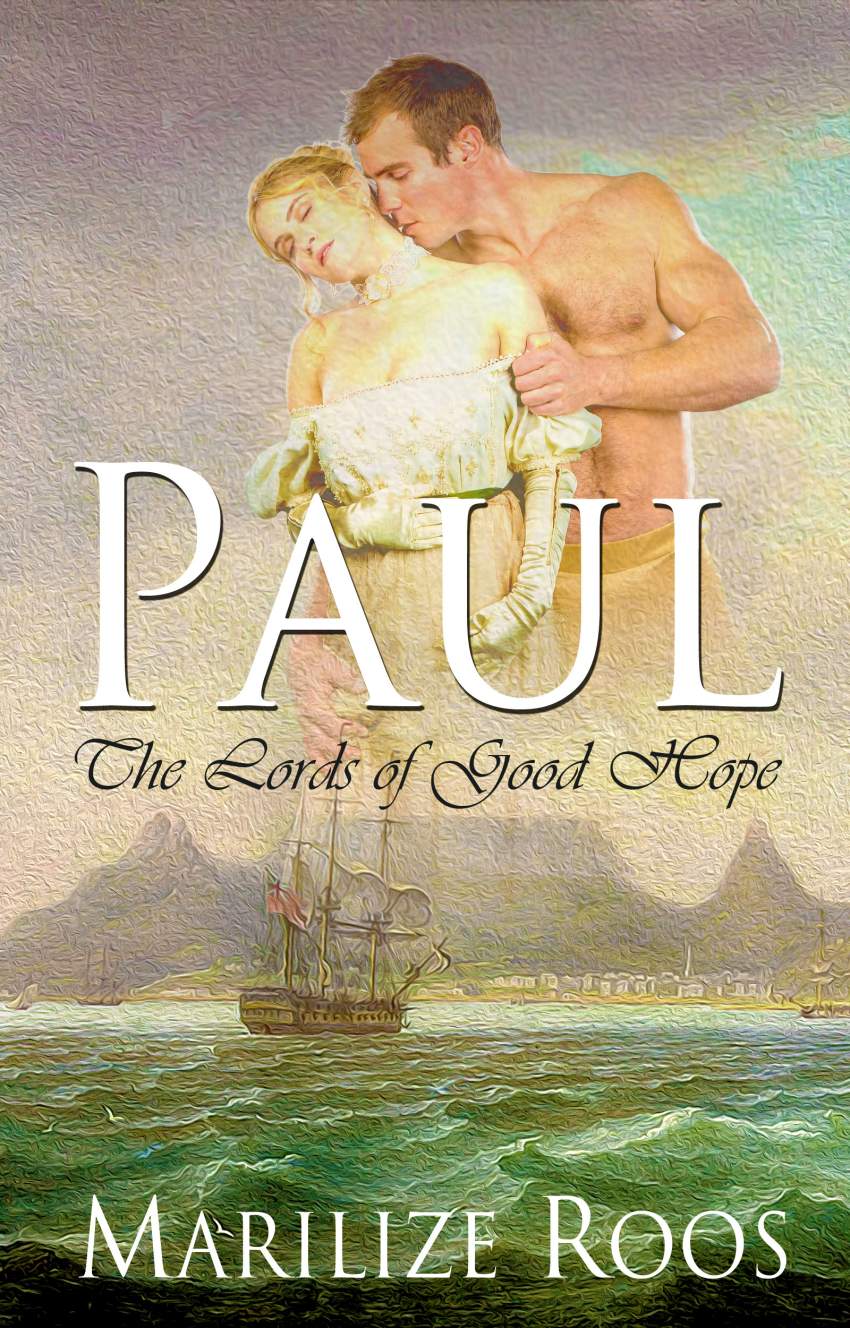
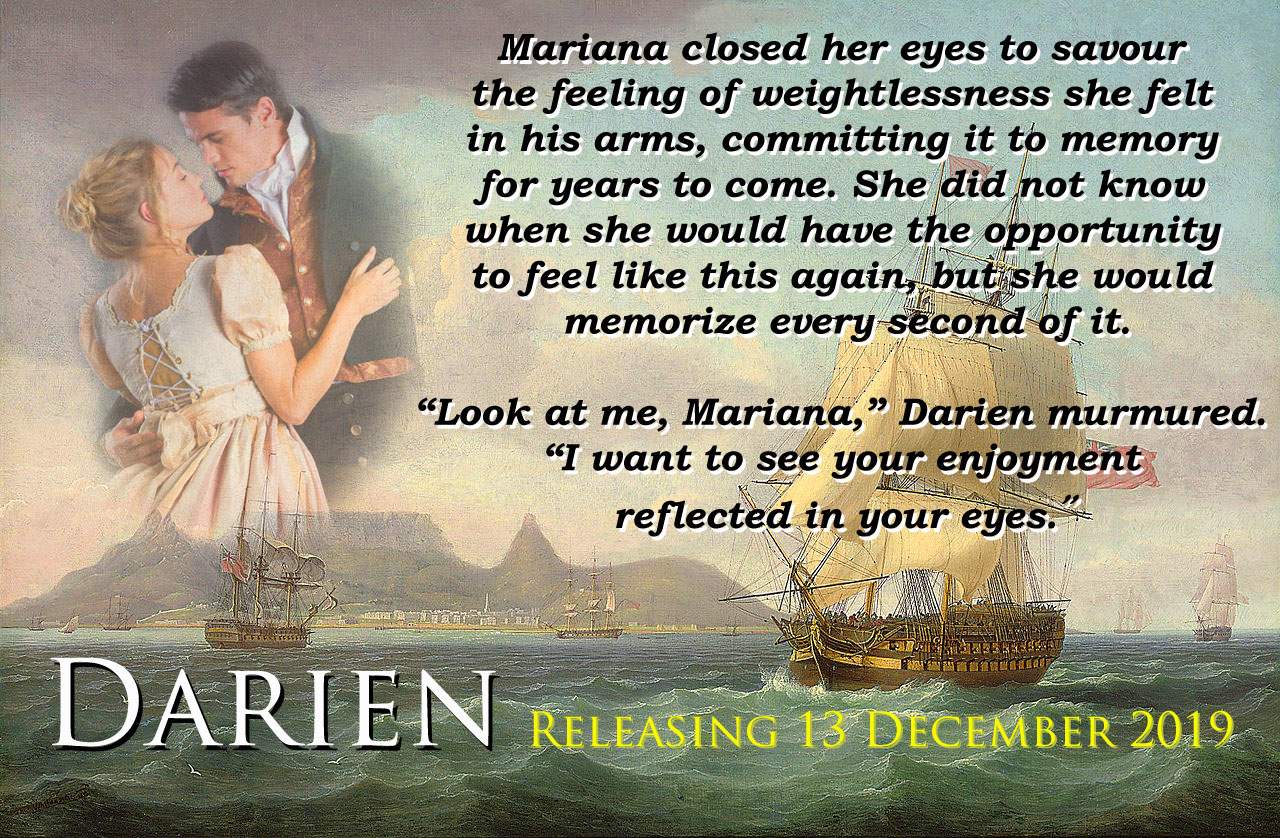
What is important for you in life
I truly value relationships. I value my relationships with family and friends, because at the end of your life, you can’t take anything else to heaven with you. I love that I have people in my life, that when something exciting happens to me, I immediately want to share it with them, no matter the time, and they’d be happy for me.
In regard to your writing career, what do you wish to see more of for South African writers and novelists?
I wish there was more support for self-published writers in South Africa, in getting books onto bookshop shelves. There is the e-book market, which is global, but we too seldom see paperbacks of local authors on bookshop shelves, unless they’re traditionally published. So few bookshops are willing to take the chance on indie authors’ books, and it’s making it hard for us to find a market beyond personal acquaintances. I applaud the bookshops that do take that chance.
What I love the most, is the ‘one-hand-washes-the-other” culture among indie authors. No one author can write enough to satisfy a reader; Romance readers, in particular are voracious, so authors “cross pollinate”, by promoting each others’ books. Today I advertise your book on my reader group, and tomorrow you advertise mine. We’re not each other’s competition; we’re each other’s colleagues.
Any new books you are working on?
The book I’m working on right now is a departure from my historical romances. It is still set in the Peninsula, but is a contemporary, MMF, BDSM romance. I’ve written the first book in the series already, and am busy plotting the second. Reviews from my Beta readers for the first book in this series have been positive.
Something interesting you can comment on perhaps, is if you think whether Afrikaans speaking writers should concentrate on international markets with English, or do you think there is a sufficient market for Afrikaans books?
I think we shouldn’t under-estimate the South African market. The problem is that we don’t know about our local authors. Prior to joining ROSA, I didn’t even know we had romance authors in South Africa! I’ve heard it said that South African readers are very loyal, and when that Afrikaans book does REALLY well, there are always translations for the rest of the world. Several people I’ve interacted with, when I tell them I’m writing South African historicals, say “please tell me it’s in Afrikaans.”
That said, I know several South African writers that concentrate on the American market, because the market is huge. You’re also competing with writers from all over the world.
Everyone has their corner of the market, so write what you want to read, and chances are someone else will want to read it too.
Credits
Visit Marilize’s WEBSITE
View or buy Marilize’s books on AMAZON
Visit Marilize on Facebook
Article by Snyman Rijkloff
Images supplied by Marilize

